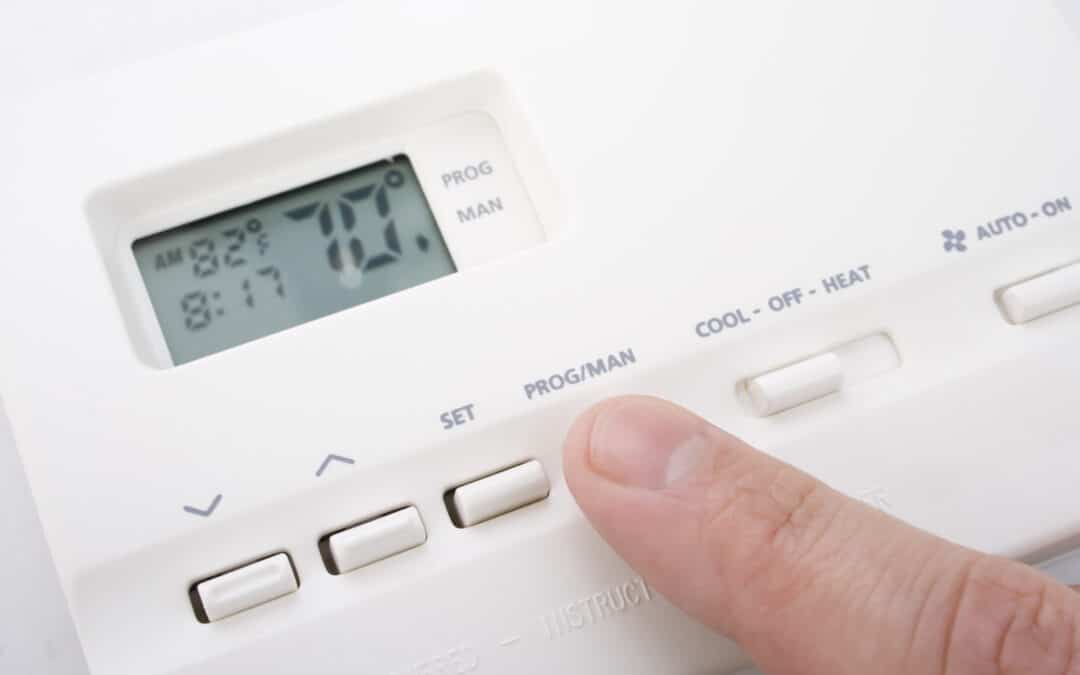Each year, better than 30% of homebuyers are first-time homebuyers. While that bodes well for the real estate industry, it can also mean a tough learning curve for many first-time homeowners.
After all, you’re dealing with new tax responsibilities and possibly learning local HOA rules. On top of that, you’re also dealing with all the terminology for things that make a house run. A prime example of a term that a first-time homeowner might not recognize immediately is an HVAC system.
Have you recently asked yourself, “What is an HVAC system?” If so, take a look at our guide for what you need to know.
What Is an HVAC System?
The easiest starting point is the meaning of HVAC, which stands for:
- Heating
- Ventilation
- Air conditioning
So, your HVAC system is all the hardware related to heating and cooling in your home. That probably sounds simple on the surface, but it includes a lot of pieces you might not think of right off the bat.
The main components are the furnace and the ac unit. Other essential components can include the fan/blower, ductwork, and thermostat.
It’s also important to note that not every HVAC system will include all of these components. Many older homes lack ductwork, an AC unit, or both.
Types of HVAC Systems
There are several types of residential HVAC systems.
Split Systems
Far and away the most common residential system is the split system HVAC. In split systems, the heating unit typically goes inside the house in the attic or basement.
Most heating units use either natural gas or propane. Natural gas is normal in urban areas. You typically see propane in rural locations.
The AC unit goes outside, typically behind the house. These systems normally rely on ductwork to distribute hot and cold air.
Hybrid Split System
A hybrid split system works in the same way as a traditional split system. The main difference is the heating unit, which lets you switch off between gas heating and electric heating. Some homeowners like this option because electric heating is quieter.
Ductless Mini Split System
The other main option is a ductless mini-split system. These systems operate using a zone heating or zone cooling model. A wall-mounted unit provides heat or cool air for a specific area of the house. This often proves more efficient than relying on a single thermostat to regulate temperatures for the whole house.
Ductless systems don’t always work well in areas with very low temperatures in the winter. So, you must either use a backup heat source or make sure the system can deal with the load.
HVAC Lifespan
When you buy a home, one thing you should ask about if possible is the age of the HVAC system. Much like an appliance, the furnace and AC units in your system will only last for so long.
A furnace unit typically maxes out around 20 years. AC units typically max out at around 15 years. As a general rule, you should get serious about replacing both after 12 of 15 years of service.
That’s why it’s important for you to get a read on the age of your system when you buy a home. While the system might work fine at first, you may need new heating or cooling units within a few years. If you know, you can plan ahead.
Upkeep and Maintenance
Another thing you should keep in mind is that your HVAC system does a lot of work each year. While new units will likely keep working fine for quite a while, they do need some preventative maintenance if you want the most working life from them.
You can take care of minor things, like changing the air filter on your furnace on the manufacturer’s recommended schedule. A clean air filter lets the heated air pass into the ductwork more easily, reducing strain on the system.
That said, you should get your entire HVAC system a routine checkup at least once a year from an HVAC professional. This helps ensure that you get replacement parts before a catastrophe happens, instead of calling around during a storm.
Also, AC units run on refrigerants. If your AC system stops working as well, it often means a low refrigerant level in the system. Most places mandate that only an HVAC professional add refrigerant to your AC system.
HVAC System Cost
An HVAC system for your home is not identical to all other HVAC systems. Every unit can produce heat or cold for a certain square footage. Some homeowners feel a temptation to buy oversized units for their home because they think they’ll work better.
It’s not true. Buying oversized units ends up costing you money because those units cost more to run. They also cost you more when you buy them.
Even worse, the system may not control humidity in your home as well as a properly sized system. Assuming your home is in the 2000 square foot range, the average cost for a new HVAC system and installation runs around $7000.
Local installation rates and the brand of the system can drive that cost up or down.
HVAC Systems and You
Now you know the answer to the question, “What is an HVAC system?” So, what comes next?
If you just bought a home, you should check on the age of the system. You should also get an HVAC pro out to your home to give the system a once over. If you will need a new system, look at the possibilities like hybrid split systems or ductless mini-split systems.
Schneider Mechanical specializes in HVAC installations and repair in the Austin area. Contact Schneider today to schedule an appointment.


